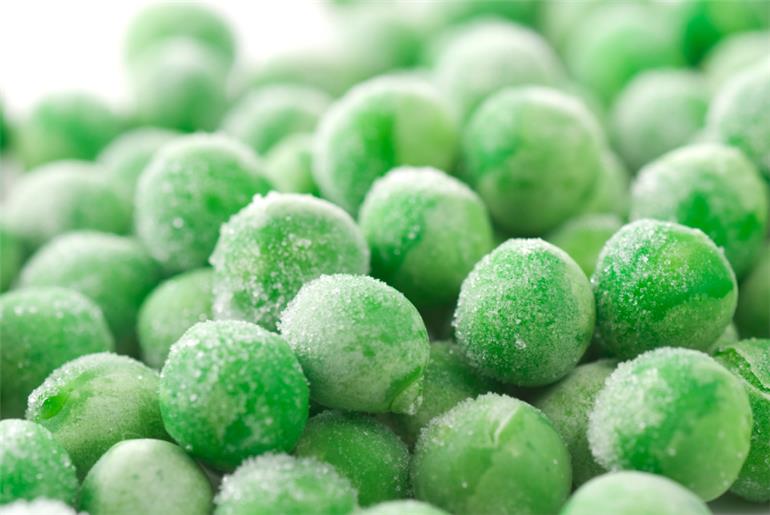When I freeze my cooked vegetables, do they lose their nutritional value? And when I take them out, should I let them melt, or can I cook them right away?
Many people are concerned about getting the most nutrients from their food – and rightly so. These are the tools the body uses to keep us operating at our best. So, how do we preserve them in the storage and cooking process?
Think of it this way. As soon as you pick a vegetable, it starts losing nutrients. Time and heat are the “enemies.” But don’t despair! There’s still plenty left if you keep a few tricks in mind. First, try to get produce that has been harvested recently. Look for vibrant veggies at the supermarket (no drooping kale please) or shop at farmers markets. Second, cook the veggies soon after purchase. And use more gentle cooking techniques, such as steaming or stir frying. This is especially true for those powerhouse cruciferous veggies. Third, if you’re going to freeze your leftovers, do it soon after cooking. The freezing will slow down (but not stop) the loss of nutrients. Always date your freezer packs and use within two to three months.
If you are cooking the veg in a liquid, you will lose water-soluble nutrients, such as the B vitamins and vitamin C. In that case, I would suggest that you save the liquid (affectionately called pot liquor). It adds great flavor to soups, stews, and even grains like rice (use as the cooking liquid).
As for using the frozen veggies, I would keep in mind the time element and try to use them as quickly as possible once you remove them from the freezer. That being said, while small foods like peas, and soft foods like spinach can be used straight from frozen even in quick cooking dishes like stir fries, with vegetables in larger pieces, like broccoli, you sometimes may have to defrost them before adding to your dish.
